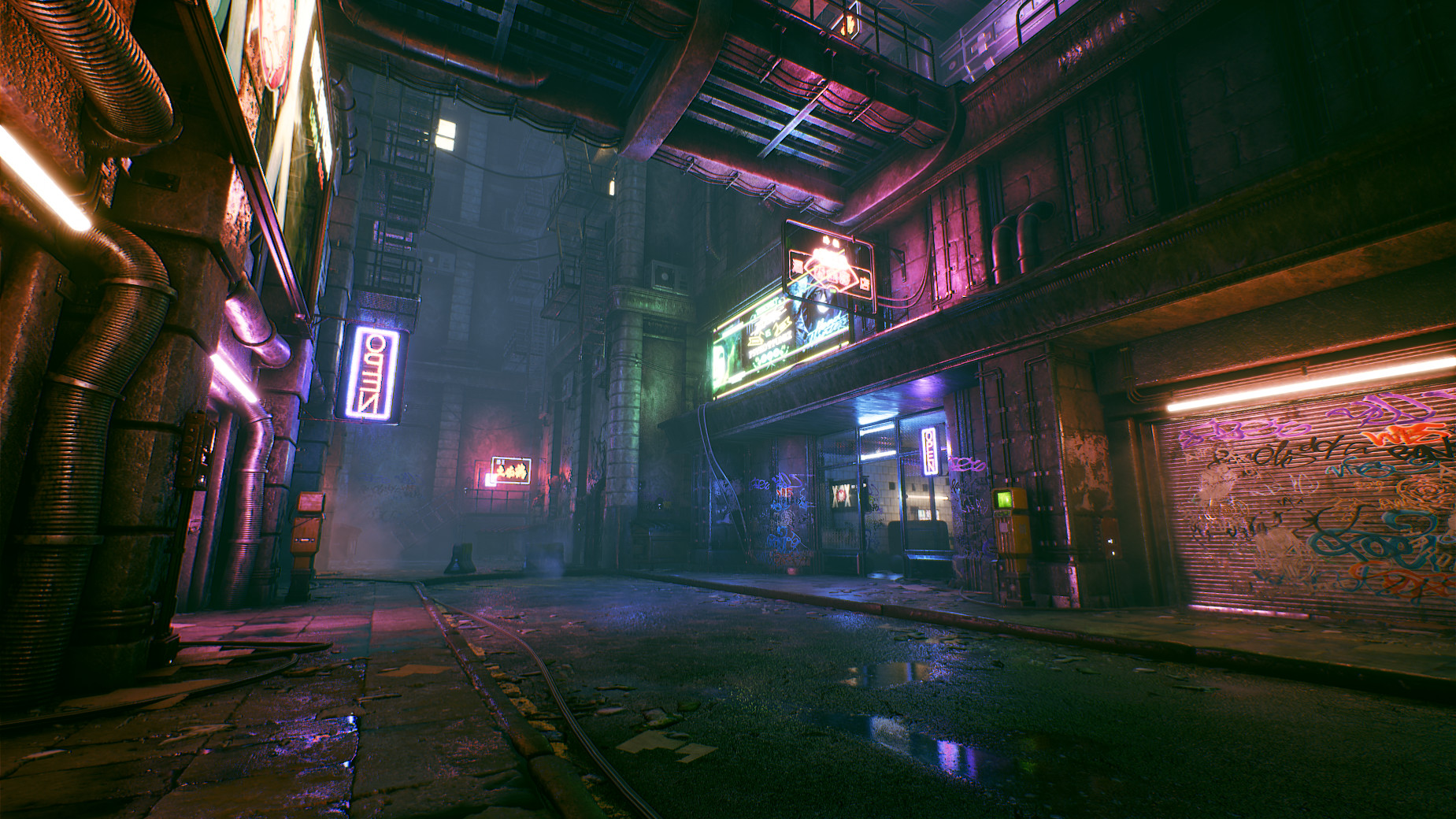There's a difference between saying a gun is well made and a gun respond to my personal taste. You may prefer a gun able to shoot at 100m, I one able to shoot at 200m. They are both objectively well made guns, they do their job, none of them shoot backwards.
Now, let's suppose we read a romance webnovel which proclaim to be a story. A story by definition implies a Transformational Arc of the character. We discover in reality our character not only doesn't change (if the character fails to change it may become a tragic story, we are still following the tranformational arc), but also that he doesn't need to change. That's not an objectively well made story. It's not even a story.
It may be a situation, but that's difficult for romance. Situation are usually used for genres such as adventure or action. (This paragraph is only a plus 'cause I picked romance as an example).
But...
We enjoy the tale nonethless, why? Because it's personal taste.
Nothing wrong with personal taste, but just because you like something it doesn't mean it's objectively good. The contrary applies as well.
Or do you think there are no tools or methodology to analyze a narrative work?


